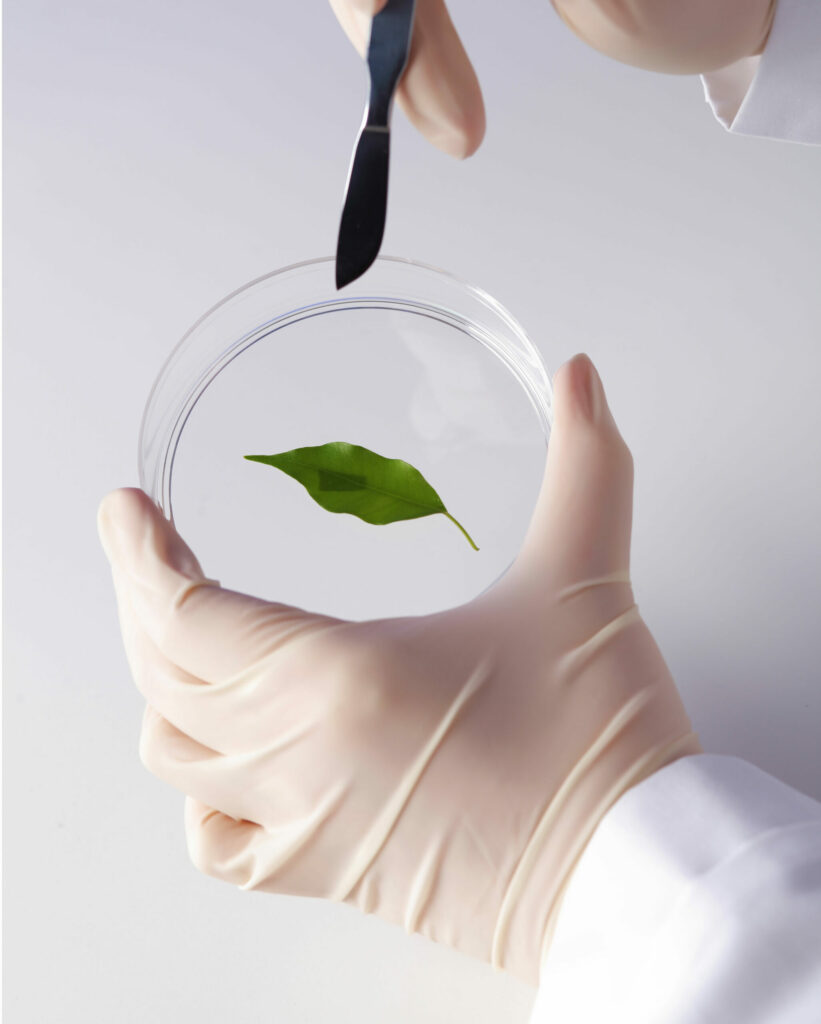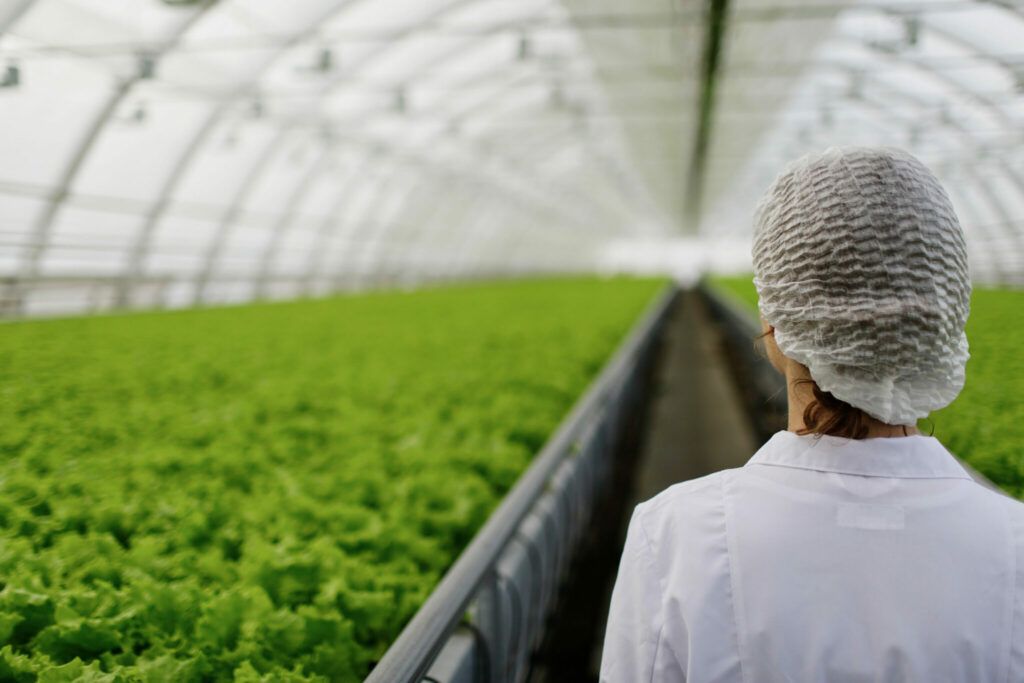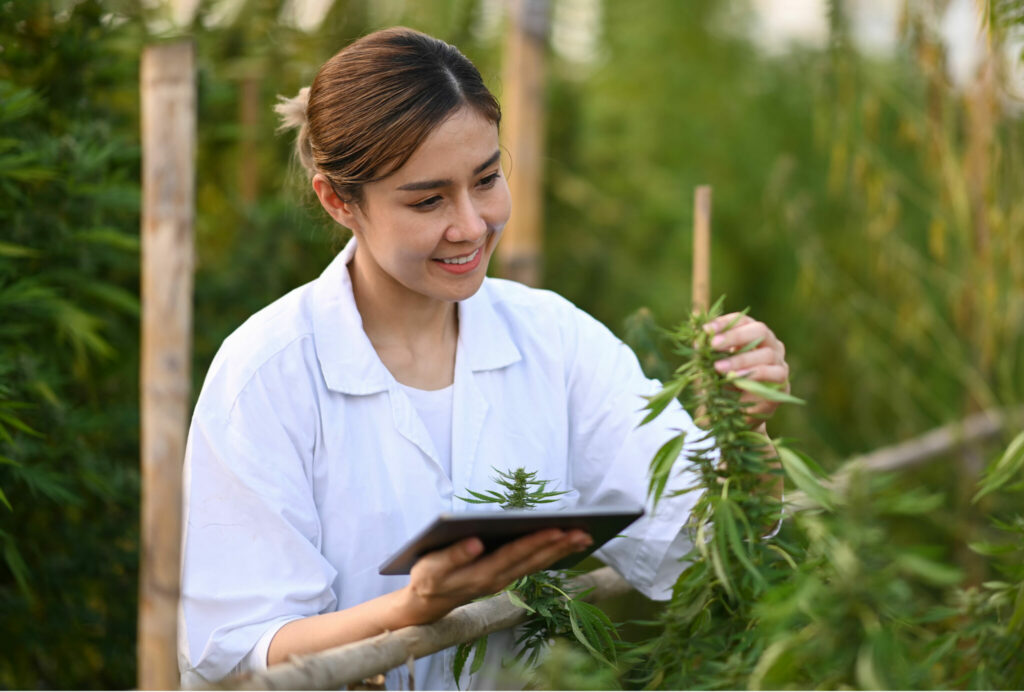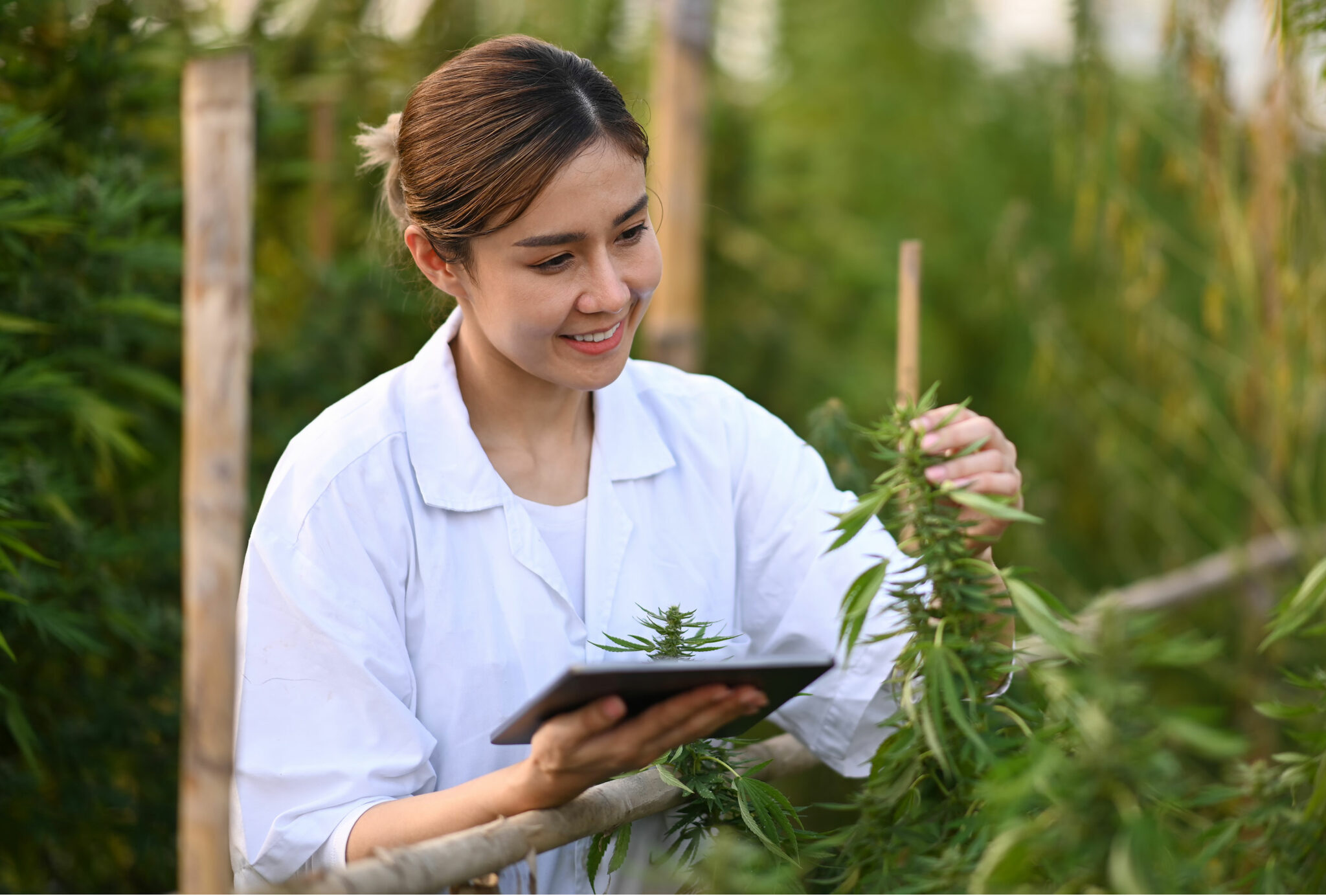
WHAT IS BIOTECHNOLOGY?
Biotechnology involves microorganisms like yeasts and bacteria. This concept uses them as factories in order to produce compounds that are necessary, or helpful, during the creation of products across various industries, including the beauty industry. Speaking of, when it comes to that industry, biotechnology is a term that’s used to describe ingredients made in laboratories that eventually serve as sustainable alternatives for natural ingredients.
The more the time passes by though, the less is this concept seen as a term, as at this point it’s a growing to an actual movement, and it gives us the opportunity to create not only more efficacious alternatives, but also notably less harmful alternatives to the environment that surrounds us all, and to the planet when a more full-fledged picture is taken into account. This industry is consumer-demand-driven, and since it’s obvious that today’s consumer is more than ever concerned about the environmental negative impacts and product performance, the road toward this innovation is becoming absolutely inevitable.




A POTENTIALLY IDEAL ALTERNATIVE TO PALM OIL
It is no lie that palm oil has always been cornered under heavy criticism, even though it’s still the most frequently used oil in the world by miles. It is present in every kind of consumer products – from the food industries to cosmetics, and even detergents. One of the main causes for criticism toward palm oil is the extensive deforestation of tropical rainforests, which often leads to the destruction of living habitats and countless species. All for the sake of the ever-rising global demand which has to be met. Furthermore, the creation of new palm tree plantations has often become a social conflict source due to territorial disputes.
Biotechnological processes might also come off as a good solution to this seriously problematic issue. Currently, many companies related to biotechnology are working to come up with a sustainable alternative to palm oil. Despite the rather huge amount of challenges that lay along the way, such as obtaining a texture that is similar to the palm oil, most of all, a massive production scale and competitive price that doesn’t pressure the industry. Nonetheless, there are high hopes that an alternative to palm oil will be created, and assuredly, the day when they’ll dominate on the market will come.
ITS CONNECTION WITH THE BEAUTY INDUSTRY
As some experts and doctors note, “When genetically engineered microbes synthesize active ingredients, this technology allows the ingredients to be produced with higher reliability and better quality control.” To put it in another way, given that these ingredients are grown in a continuously surveyed and monitored environment, formulators can do a better job in manipulating their growth and development. This way, the likelihood of impurities and irregularities are prevented and reduced – an element that’s commonly found among ingredients that are naturally, sourced farmed and mined.
Previous Story
The shift of Self-Care to Stress-Care
Next Story

